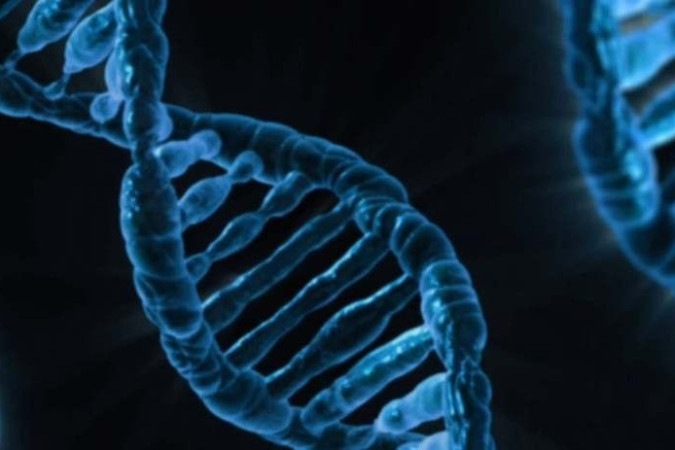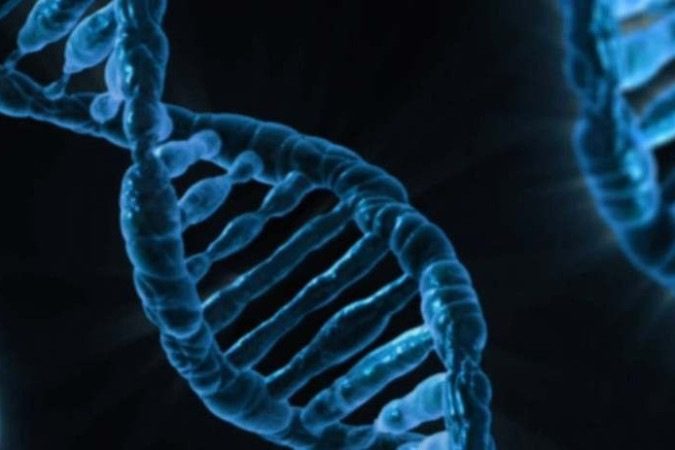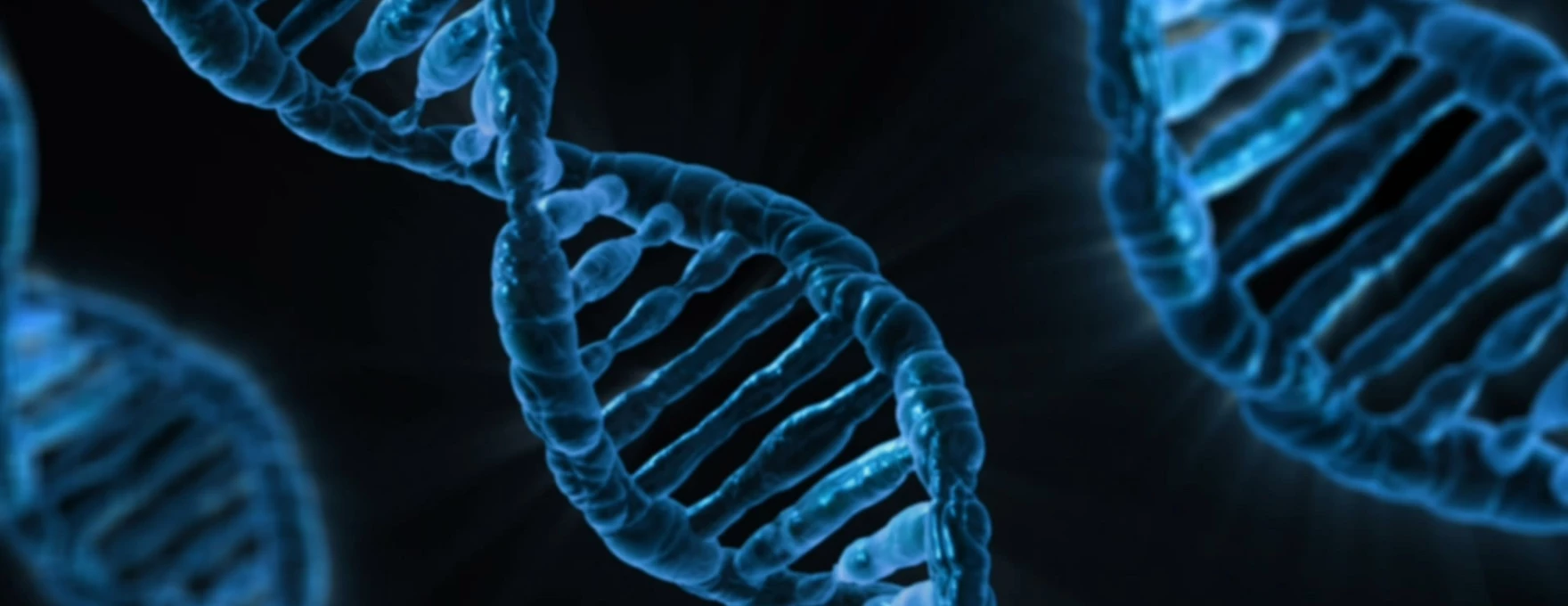Posted on 11/15/2022 06:00
(Credit: Daryl Lega, NHGRI/Disclosure)
The largest associated DNA study Autism spectrum disorder (ASD) Already 134 genes associated with the condition have been found. The research, from the Hospital for Sick Children (SickKids), in Canada, deepens understanding of the genetic structure behind ASD, which is present in at least 70 million people worldwide, according to the World Health Organization (WHO). The article was published in the journal Cell.
Scientists used genome-wide sequencing of more than 7,000 animals People with autism, by comparing this data with the data of 13,000 of their family members. The researchers found a number of genetic changes, primarily gene copy number variations (CNVs), that are likely to be associated with autism, including rare variants found in about 14% of the participants.
Most of the data was drawn from the Autism Speaks MSSNG database, the world’s most complete autism genome dataset, which provides researchers free and open access to thousands of sequences. says Stephen Shearer, director of the McLaughlin Center at the University of Toronto and lead scientist on the study.
Brett Trost, lead author of the paper and research partner in SickKids’ genetics program, notes that using WGS allowed the researchers to discover types of variants that might otherwise be undetectable. They include complex rearrangements as well as repetitive regions of the genome, a finding supported by recent SickKids research on the link between autism and genetic segments that can appear multiple times in DNA.
Multiple families
The article also notes important nuances in autism genes in families in which only one person has the disorder, compared to those in which there is more than one individual with autism, known as multiplex families. Surprisingly for the team, the “polygenic score” — an estimate of an individual’s likelihood of developing the condition, computed by pooling the effects of thousands of common variants across the genome — was not higher among multiplexes.
“This suggests that autism in multiplex families may be more associated with rare, high-impact variants inherited from one parent,” says Trost. “Because the genes and clinical features associated with autism are so complex and diverse, large data sets like the one we use are essential to provide researchers with a clearer understanding of the genetic architecture of autism.”
According to the researchers, the study’s data could help expand research on the set of variables that may be associated with autism. In other work, conducted on 325 families with autism spectrum disorder and published this month in Nature Communications, Stephen Scherer’s team found that combinations of autogenetic factors, of rare inheritance and polygenic factors combined in the same person, can lead to some Types of autism. .
“This rich data set also provides an opportunity to further investigate other factors that may determine a person’s chance of developing this complex condition, to help tailor treatment approaches in the future,” said Susan Lewis, a geneticist and research scientist in the Research Institute of Children’s Hospital. from British Columbia, which diagnosed many of the families who enrolled in the study.

“Music fanatic. Professional problem solver. Reader. Award-winning tv ninja.”









More Stories
Couple retakes glacier photo after 15 years, surprised by changes: ‘It made me cry’
Two killed in hotel collapse in Germany – DW – 07/08/2024
Lula speaks for half an hour on phone with Biden about Venezuela’s electoral impasse | Politics